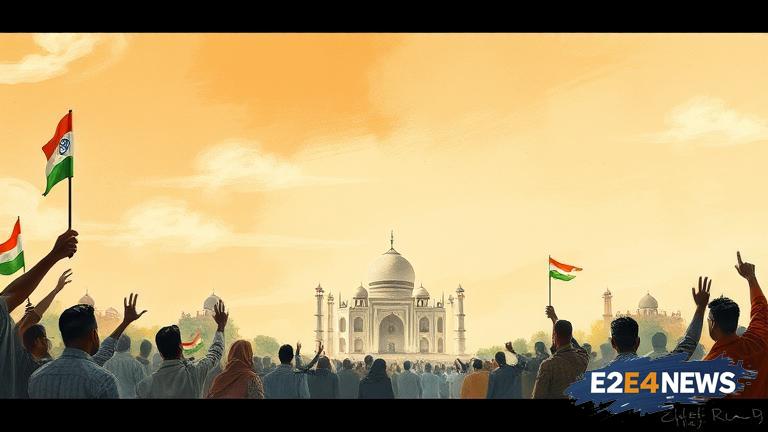India’s democratic model is uniquely shaped by its civilisational values, according to former Minister Suresh Prabhu. In a recent statement, Prabhu emphasized the importance of these values in fostering a democratic system that is distinct from others around the world. He noted that India’s civilisation is one of the oldest and most diverse, with a rich history of philosophical and cultural traditions. These traditions have instilled in Indians a strong sense of tolerance, acceptance, and inclusivity, which are essential components of a healthy democracy. Prabhu argued that India’s democratic model is not just a product of Western influence, but rather a natural evolution of its own civilisational values. He cited the examples of ancient Indian philosophers such as Kautilya and Chanakya, who wrote about the importance of good governance and the protection of individual rights. Prabhu also highlighted the role of India’s founding fathers, such as Mahatma Gandhi and Jawaharlal Nehru, who were instrumental in shaping the country’s democratic institutions. According to Prabhu, India’s democratic model is characterised by its ability to balance individual freedoms with the needs of the community. He noted that this balance is reflected in the country’s constitution, which enshrines the principles of justice, equality, and liberty. Prabhu also emphasized the importance of India’s civil society, which has played a crucial role in promoting democratic values and holding those in power accountable. He cited the examples of social movements and activism, which have helped to bring about significant changes in Indian society. Despite the challenges it faces, Prabhu expressed confidence in the resilience of India’s democratic model, which he believes is rooted in the country’s deep-seated civilisational values. He argued that these values have allowed India to navigate the complexities of democracy and to emerge as a vibrant and diverse nation. Prabhu’s comments have sparked a renewed debate about the nature of India’s democratic model and its relationship to the country’s civilisational values. Many have welcomed his emphasis on the importance of these values, while others have raised questions about the challenges of implementing them in practice. As India continues to evolve and grow, it is clear that its democratic model will remain a subject of interest and discussion, both within the country and around the world. The intersection of civilisational values and democratic principles is a complex and multifaceted topic, and one that will require ongoing engagement and reflection. Ultimately, Prabhu’s comments serve as a reminder of the significance of India’s civilisational values in shaping its democratic model, and of the need to continue exploring and deepening our understanding of this relationship.
